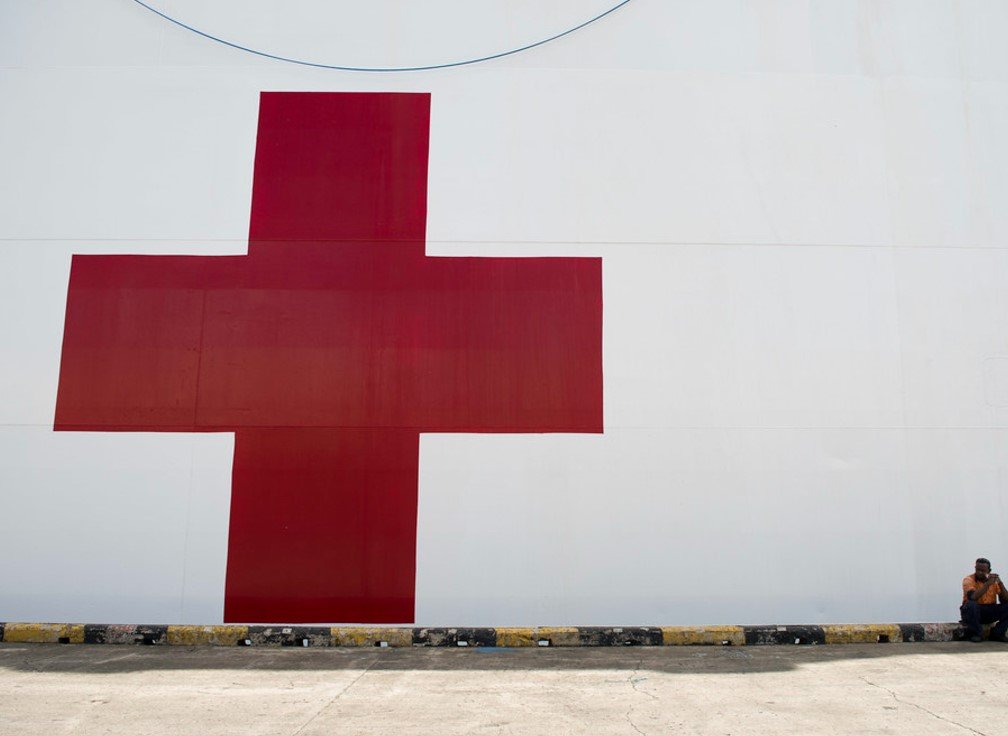Fiji takes a bold step towards safeguarding its healthcare system against climate change by identifying 20 vulnerable facilities for essential upgrades.
Fiji has pinpointed 20 healthcare facilities that are at risk from extreme weather events. The focus is on making these hospitals and clinics more flood-resistant and ensuring they have reliable backup water supplies. This proactive approach aims to keep essential services running smoothly during disasters.
Minister for Health, Dr. Ratu Atonio Lalabalavu, emphasized the urgency of these improvements at the COP29 forum in Baku, Azerbaijan. “Our goal is to ensure that our healthcare facilities can withstand severe weather conditions and continue to provide care when it’s needed most,” he stated.
By addressing these vulnerabilities, Fiji is not only protecting its healthcare infrastructure but also ensuring that communities have access to clean water and medical services during emergencies.
The Fiji Health Adaptation Plan 2024 – 2030: A Comprehensive Strategy
The launch of the Fiji Health Adaptation Plan marks a significant milestone in the country’s fight against the health impacts of climate change. This plan outlines several key strategies to enhance the resilience of the healthcare system.
Core Components of the Adaptation Plan:
- Flood-Resistant Infrastructure: Upgrading buildings to withstand heavy rains and floods.
- Backup Water Systems: Installing reliable water supply systems to ensure access to clean water during disasters.
- Community Training: Educating local communities on disaster preparedness and health safety measures.
- Continuous Monitoring: Implementing systems to regularly assess and improve the resilience of healthcare facilities.
Dr. Lalabalavu highlighted that this plan builds on over a decade of efforts to address climate change and health in Fiji. “We are integrating health into our national climate strategies to build a more resilient system that can support our communities at all levels,” he explained.

Collaborative Efforts: International Support Fuels Fiji’s Initiative
Fiji’s ambitious adaptation plan has garnered support from several international organizations, showcasing the power of global collaboration in tackling climate-related health challenges.
Dr. Lalabalavu acknowledged the vital contributions of the Korean International Cooperation Agency (KOICA) and the World Health Organization (WHO). Their support has been instrumental in developing and implementing the National Adaptation Plan.
Dr. Saia Piukala, Regional Director for the WHO Western Pacific Region, praised Fiji’s leadership in this area. “Fiji is setting a strong example for other Small Island States in the Pacific. We encourage neighboring countries to develop their own health adaptation plans to mitigate the effects of climate change on their populations,” he remarked.
Building a Resilient Future: Fiji Leads the Pacific
Fiji’s initiative is not just about protecting buildings; it’s about fostering a resilient community ready to face future climate challenges. By empowering healthcare workers and integrating robust health strategies, Fiji is ensuring that its population remains healthy and secure.
The National Adaptation Plan is a testament to Fiji’s commitment to proactive measures in the face of climate change. As one of the first Pacific nations to establish such a comprehensive plan, Fiji is paving the way for others to follow suit.
















